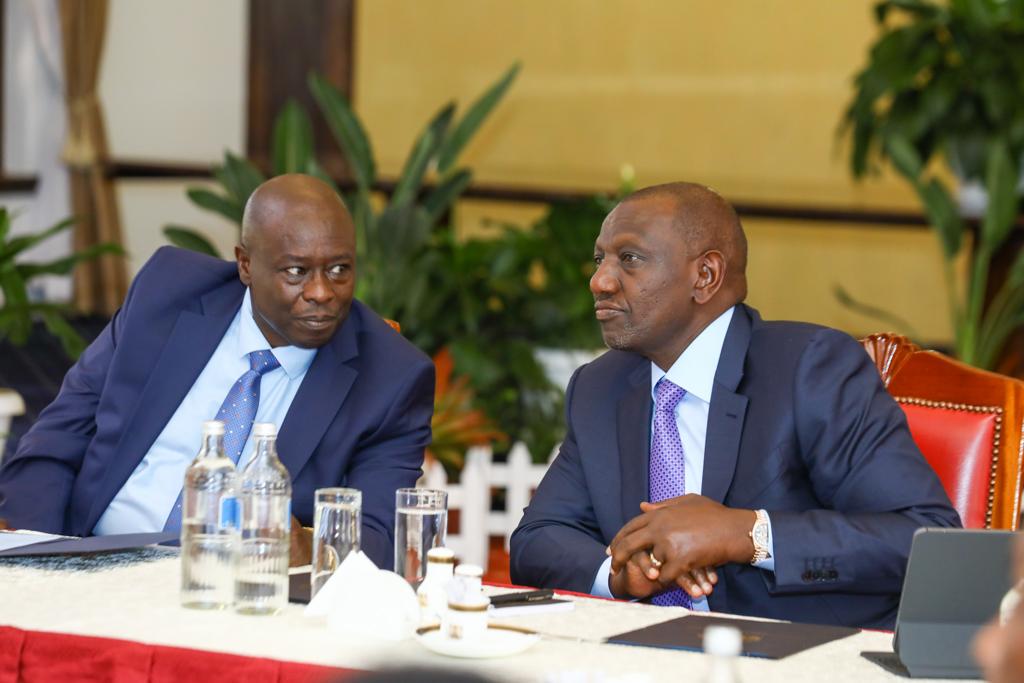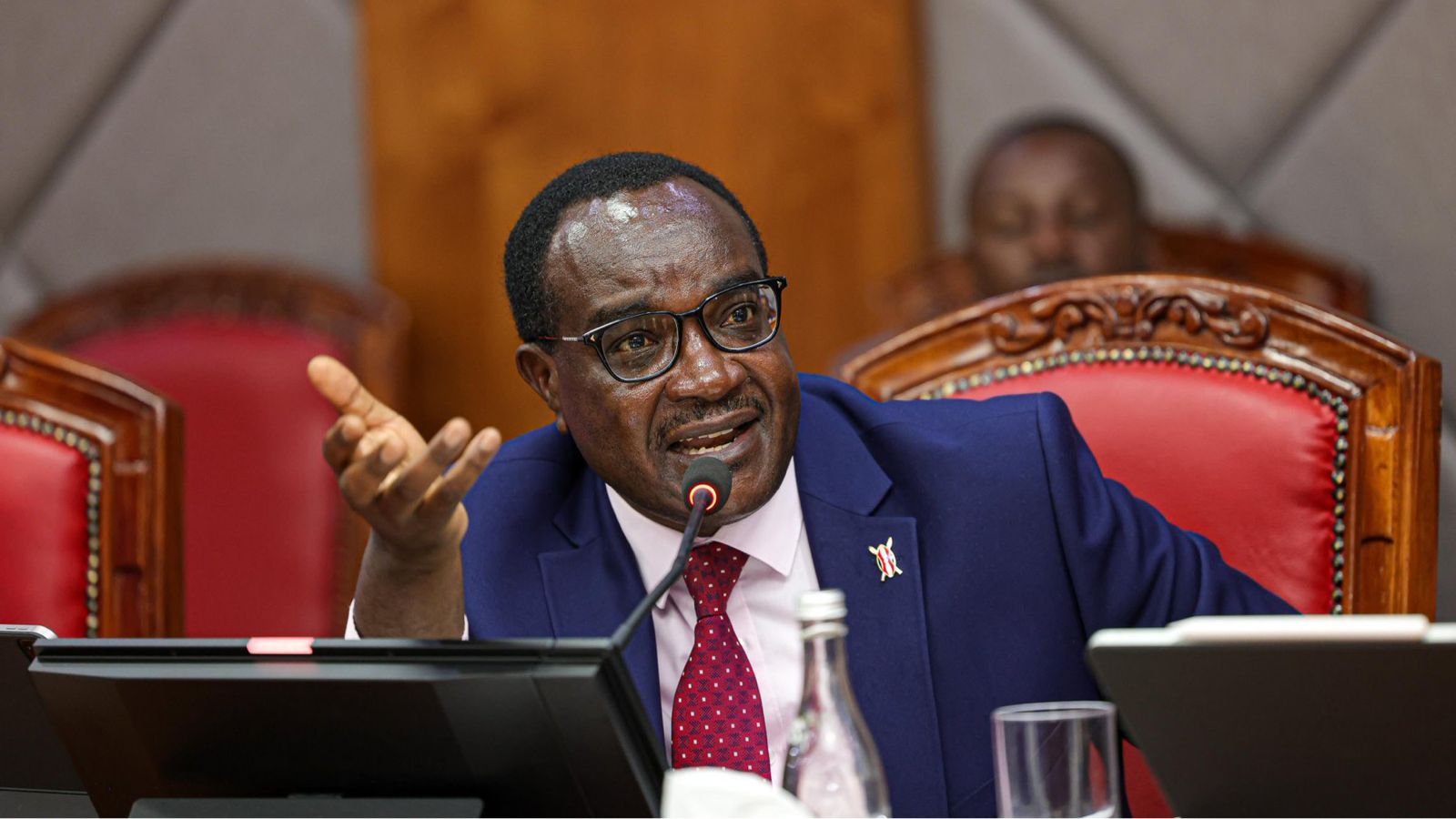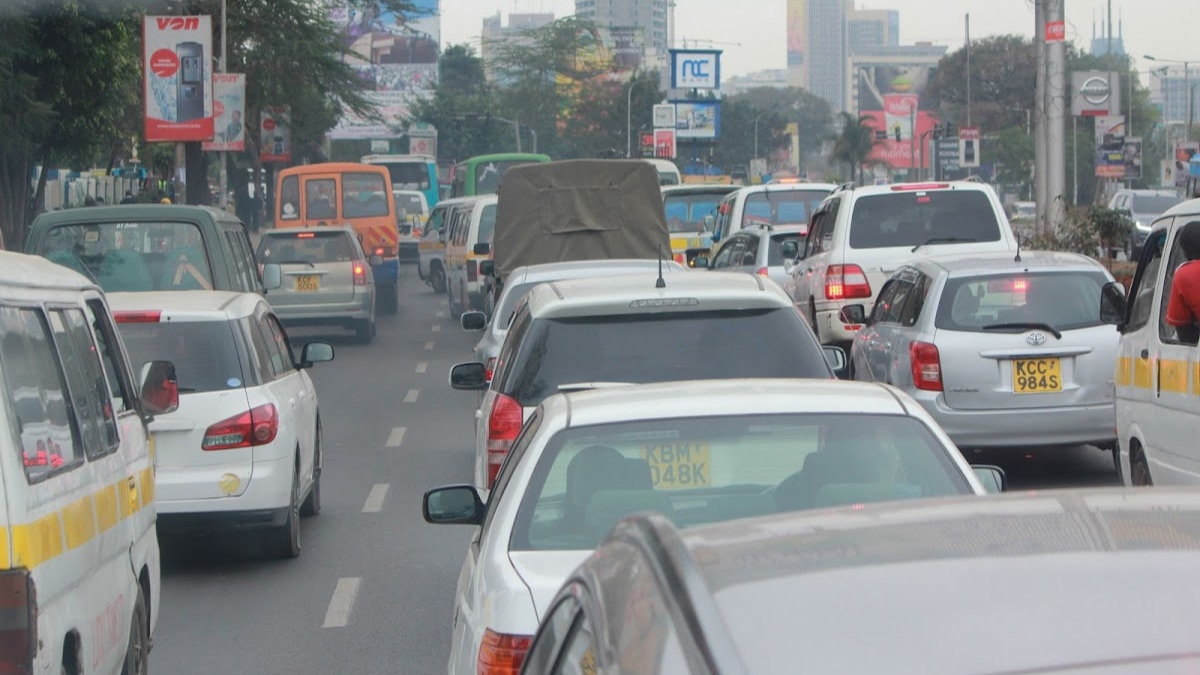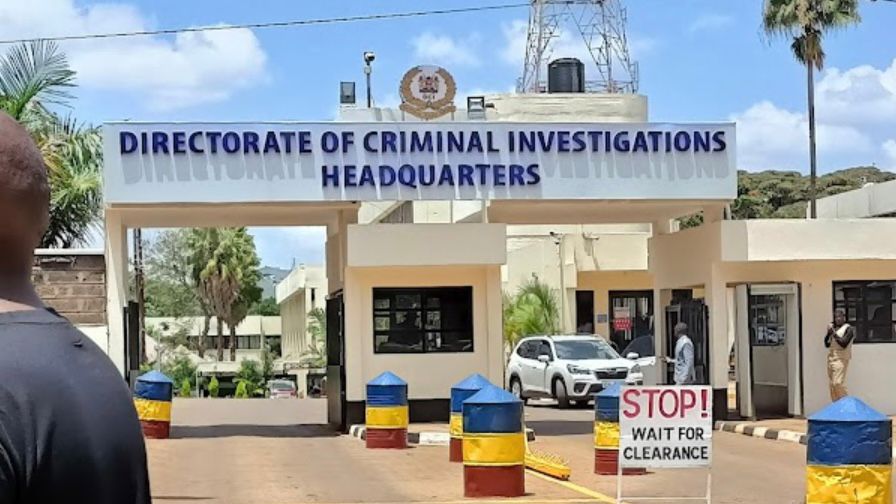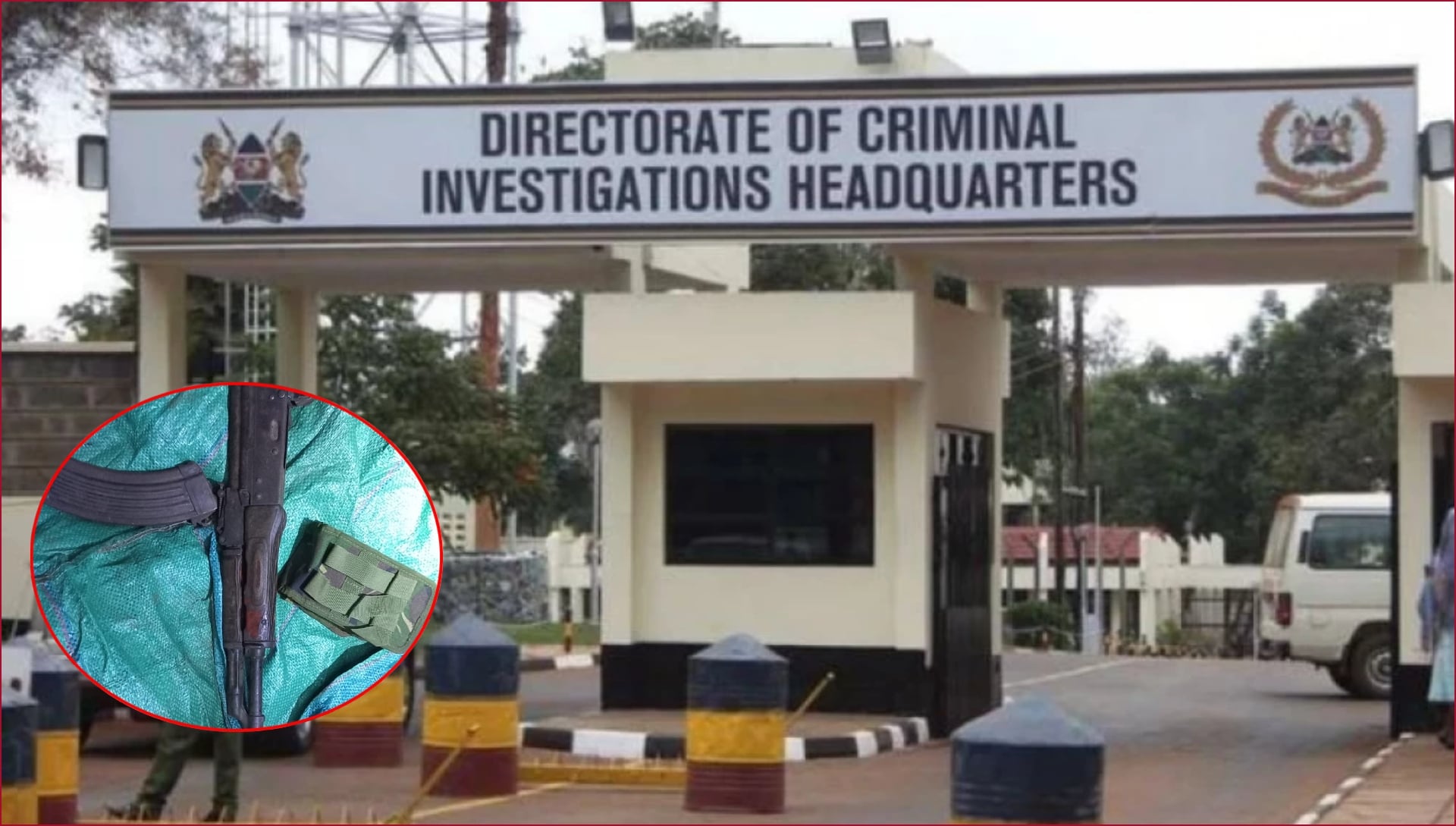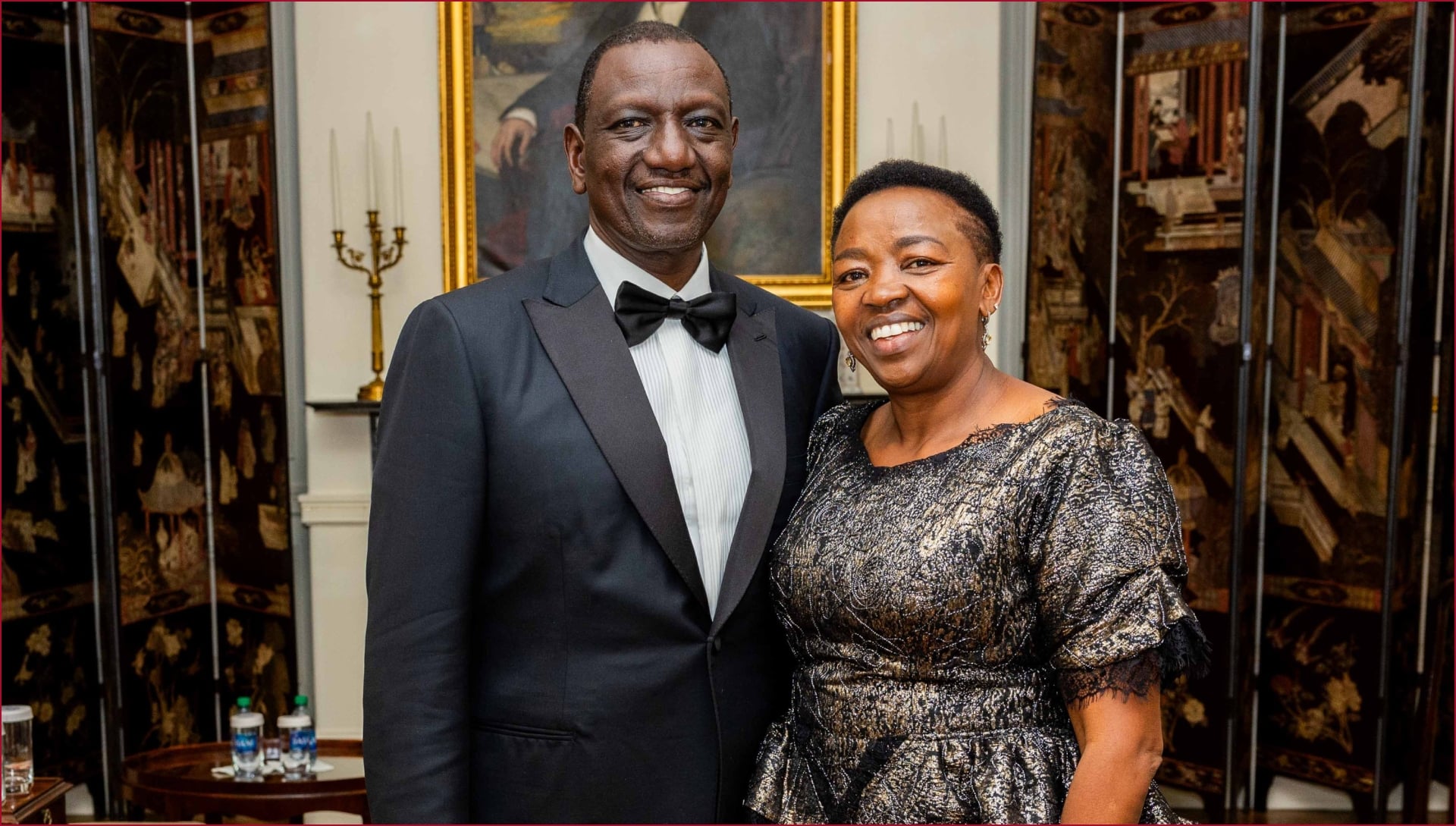Deputy President Rigathi Gachagua has apologised to President William Ruto ahead of his special plenary sitting at the National Assembly on Tuesday, October 8.
Speaking during a church service on Sunday, October 6, the deputy president asked Ruto to forgive him if he felt offended in any way.
Gachagua also asked the President to forgive his spouse if she offended him in any way in the course of performing her duties.
"In our commitment to work, probably in one way or the other, we have wronged somebody. I want to say, my brother President William Ruto, if in our zeal to work, I have wronged you please find it in your heart to forgive me.
"If my spouse, in our duties for the boy child and our programmes, has wronged you in any way, find it in your heart to forgive her," Gachagua said.
Read More
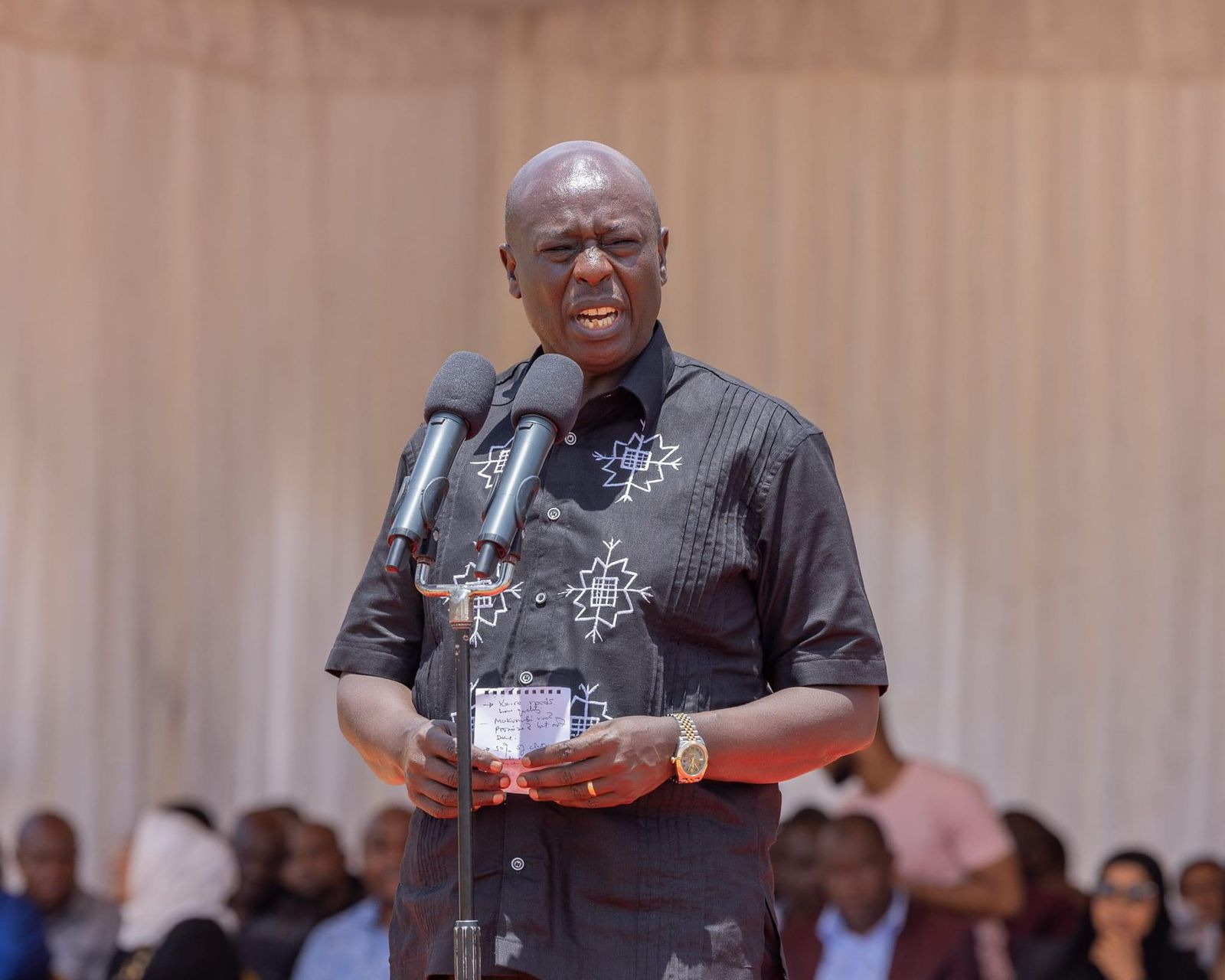
Meanwhile, Gachagua has hired a 20-member legal team stewarded by Senior Counsel Paul Muite to put up a defence for him as he challenges his impeachment.
The National Assembly has scheduled a plenary during which the deputy president will present himself to shake himself off the charges forming the basis for his proposed impeachment.
Giving a sneak peek of the defence they are building, advocate Victor Ogeto revealed they were adequately prepared.
"We have looked through the points and the accusations of the deputy president, and I think we are prepared to deal with it," Ogeto said.
Ogeto revealed that their defence would be based on the impeachment process, whose principles he said were flouted from the word go.
First, the team will be seeking the recusal of Speaker Moses Wetang'ula and his deputy Gladys Shollei, whom he said expressed bias.
"For the sake of justice, I think the two principal officers should recuse themselves as the debate is coming up," he added.
Further, the team poked holes in the manner in which the public participation was conducted.
They argue that Kenyans were not adequately prepared to give their views; they suggested the public was ambushed by the process.
"You give a notice at night, then people wake up to it the following morning. How fair is that," Ogeto stated.
